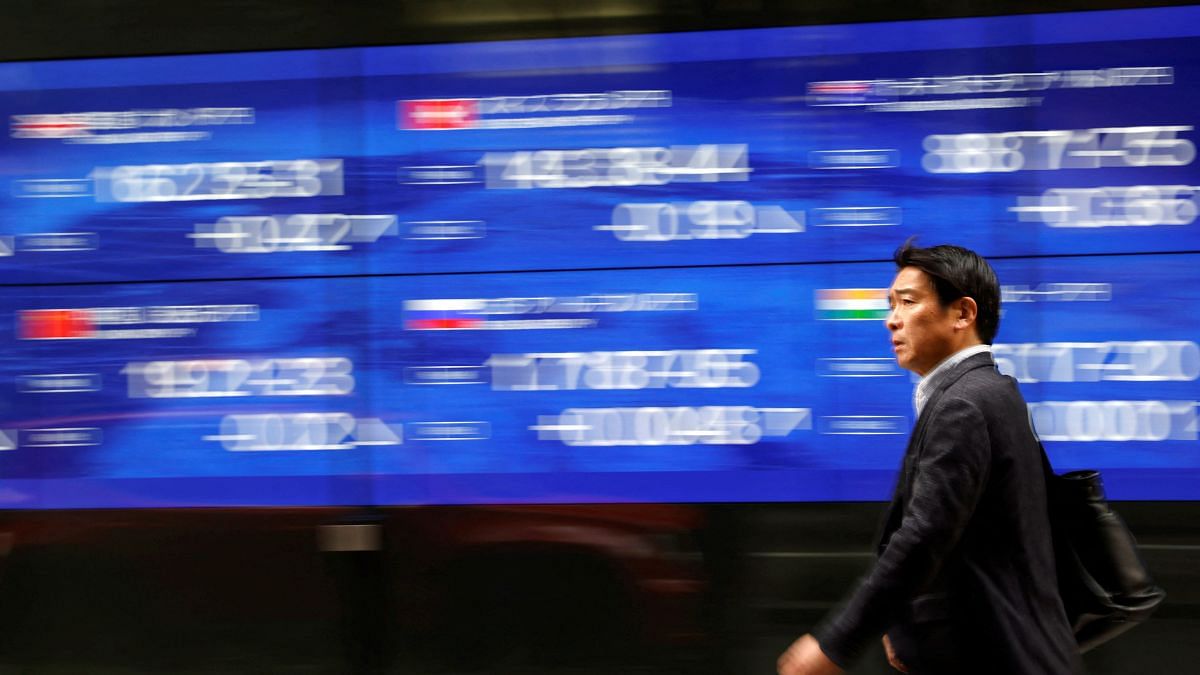“Geopolitically, we are in a kind of a recession,” Brende said. “We are between world orders. We had one world order, and we don’t know really what the next one is … but we know that the decisions we’re making now will have consequences for many years to come.”
Defining a geopolitical recession
The world is already in a geopolitical recession, according to political scientist Ian Bremmer, founder of the consulting firm Eurasia Group. He defines the concept in the context of a world where established global power frameworks are crumbling.
Speaking on the Goldman Sachs Exchanges podcast in January 2024, Bremmer said that “this time it’s absolutely different. It’s structurally different … The institutions we have globally that are meant to create a level of governance no longer align with the underlying balance of power in the world.”
Bremmer goes on to explain that the long-term rise of China and the Global South, combined with a decline of European and Japanese economic power is driving a fundamental shift.
More recent developments including Russia’s invasion of Ukraine and the latest flare-up of conflict in the Middle East are adding to the sense of impending geopolitical recession.
Speaking at the Forum’s Special Meeting in the session Rising Powers for a Multipolar World, Karin von Hippel, Director-General of the Royal United Services Institute for Defence and Security Studies, said the terminology of how we talk about the world is changing.
“We need to be thinking far more creatively, and in more grey space, not in binary black and white like we used to,” she said.
How to end the geopolitical crisis
As leaders gathered in Riyadh for the Forum’s Special Meeting, there was consensus that a further drift into isolationism and protectionism would only deepen the geopolitical recession.
During the meeting, Faisal Alibrahim, Minister of Economy and Planning of Saudi Arabia, said he believed that only closer geopolitical ties would help us to resolve the current crises.
“Fragmentation is not the best solution,” he warned. “When we find common ground and work together, we arrive at a simple truth that global collaboration is not optional. It is essential at this critical juncture for human development, for a convergence of cultures and the idea that we are all in the same boat. We can either collaborate to steer it towards peace and prosperity, or we will drift towards a future that is out of our control.”
It was a view echoed by Kristalina Georgieva, Director of the International Monetary Fund, as she called on leaders to maintain tried and tested policies to instigate economic growth, and to cling to the internationalism that accelerated recovery from previous world wars and financial shocks.
“If we were to re-energize trade, if we were to get a flow of capital to go where capital would bring highest returns, and if we were to build even stronger governance within this decade, we can get 1.2% higher growth,” Georgieva said. “In other words, we get to what we had historically. That whole issue about fragmentation in the world economy is really serious: trade and financial flows are the transmission lines of prosperity, and it would be a huge mistake to lose them.”
This article previously appeared in the World Economic Forum.
Also read: FM Sitharaman stresses govt’s manufacturing focus at a time when ‘some economists’ advise otherwise

